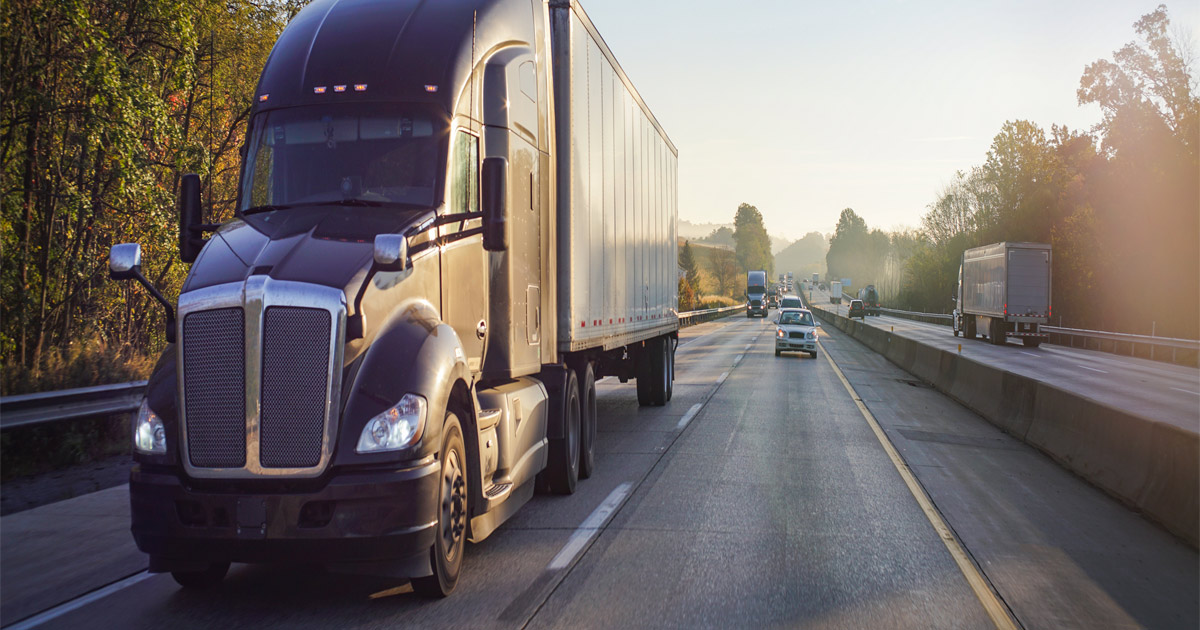What if Air-Ride Suspension Fails on a Truck?
Posted on: December 26, 2023
Any time there is a maintenance issue or a part of a truck not functioning properly, there is an increased risk of a serious truck accident. A truck’s air-ride suspension system supports the truck’s load, stabilizes the trailer, allows the tires to grip the road, and helps the driver maintain control of the truck. However, regular wear and tear and the adverse effects of poor road conditions can damage a truck’s suspension system. In some cases, this can cause the truck driver to lose control.
What Is Air-Ride Suspension?
Air-ride suspensions use pressurized, expandable rubber bags to absorb the road shocks and the fluctuating weights of the trailer based on whether it is empty or fully loaded. When the system works properly, an air-ride suspension automatically adapts to the road shocks and the changing cargo loads to keep the floor as level as possible and ensure a smooth ride. Air-ride suspensions also produce less vibration than other suspensions, reducing the costs of maintaining the truck.
What Is the Difference Between Air-Ride and Leaf Spring Suspension?
Ultimately, the main difference between the two systems is how they absorb road impact. While air-ride suspensions use valves, airlines, air tanks, and air spring bags to absorb shock, leaf spring suspensions use layers of strips known as leaf packs, which absorb the motion rather than transfer energy to the chassis. Many truck drivers prefer the air-ride suspension because it improves the quality of long-distance rides. In addition, they reported experiencing less fatigue when using an air-ride suspension compared to a leaf spring suspension.
What Are the Main Benefits of Air-Ride Suspensions?
Based on the truck company’s specific needs, fleet managers will consider the benefits and drawbacks of getting vehicles with air-ride suspensions. The following are examples of the main benefits:
- The air-ride suspension provides a much smoother ride than metal coil springs.
- Truck drivers can adjust the air pressure, ensuring that both light and heavy loads are level and stable.
- The air-ride suspension system improves the ride height based on the vehicle’s speed and the weight of the load.
- There are fewer vibrations, which means less wear and tear on the suspension system and the trailers, extending the truck’s life.
- Air-ride suspensions can reduce overall maintenance costs.
What Are the Disadvantages of Air-Ride Suspensions?
While there are a range of advantages to air-ride suspensions, there are disadvantages that should be considered as well, including the following:
- The cost of installing and repairing air-ride suspensions is more than leaf spring suspensions.
- Air-ride suspensions must be professionally installed.
- The airbags used in air-ride suspensions can leak or burst, causing malfunctions that can compromise the brake systems.
- While setting up preventative maintenance can help extend the system’s life, they are prone to rust and moisture damage, compressor burn-out, and tubing leaks.
- Air-ride suspensions are heavier than leaf suspensions, which means they use more fuel.
Truck accidents caused by maintenance issues are preventable if the necessary steps are taken to maintain the truck and make any repairs before the truck is used again. Often, the truck company or the company responsible for manufacturing the suspension system may be liable for the accident. A dedicated truck accident lawyer will protect your legal rights.
New Jersey Truck Accident Lawyers at Ellis Law Represent Victims of Truck Accidents Caused by Air-Ride Suspension Failure
If you were seriously injured in a truck accident caused by a maintenance issue like an air-ride suspension failure, contact our New Jersey truck accident lawyers at Ellis Law. To schedule a free consultation, call 732-308-0200 or contact us online. Located in Freehold, New Jersey, we serve clients in Asbury Park, East Brunswick, Toms River, Middletown, Jersey City, Long Branch, Neptune, Hudson County, Union County, Essex County, Monmouth County, Marlboro, and Ocean County, as well as Brooklyn and New York City.


